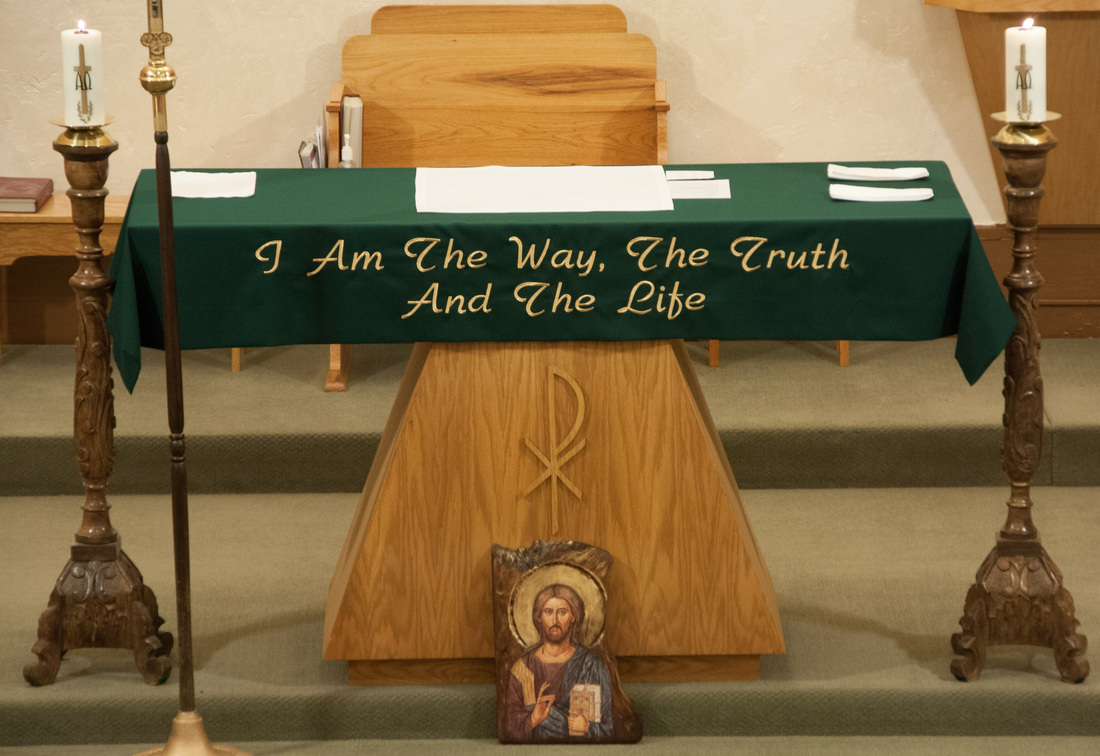The Sacred Scriptures highlight the lifestyle of a servant leader. Those who attend church on a weekly basis are reminded frequently of what it means to be a follower of that tradition. Jesus Christ was the ultimate servant-leader, and He invites us to take up our cross daily and follow Him. What hinders our response to that invitation?
Can you imagine a world in which we all were striving to live as servant-leaders? Start in the home. What would we experience in our families if each individual did his or her best to exhibit love by serving the others in the household? I am not simply talking about a delineation of household chores. I am referring to a genuine and heartfelt, caring environment in which each member of the home truly wanted the best for the other members—and helped them achieve it. Do we bring out the best in one another? The home is the foundation from which these principles will emanate. We need to get it right in the home to enhance our effectiveness in the community.
Bullying has been a problem in our schools of epidemic proportion. If children learned servant-leadership in the home on a wide-spread scale the school culture would change dramatically. Unfortunately, many families are not guided by Christian principles in our day. Furthermore, the schools have also removed God. School administrators have become paralyzed with fear in regard to keeping religion out of the school. They don’t want to be sued for violating the separation of church and state. Thus, the greatest piece of literature—the Bible—is not studied due to this fear. Subsequently, the premier tool to teach servant-leadership is not utilized and society pays the price. Young people who do not learn the basic principles of servant-leadership during their formative years will enter adulthood with other values guiding their way. What will those guiding factors be?
We typically spend a lot of hours at work as adults. Even if you aren’t the boss, you can still be a servant-leader. Leadership is influence, not simply a position or a title. If surveys regarding “employee satisfaction” are accurate, we could certainly use more servant-leaders in the workplace. Dysfunction in the workplace due to poor leadership is rampant. What would happen if each us truly “bloomed where we were planted?” I may not be able to change the world, but I can change myself. What impact would that have on the people around me?
The lust for power, fame, and fortune is evident in our world today. Among our “public servants” we see endeavors which highlight a path to “doing well” for the individual as opposed to “doing good” for those they have been called to serve. This is a symptom of a much deeper problem permeating modern society. Looking out for number one seems to frequently supersede the aspect of being a servant-leader. The sin of pride hinders our ability to recognize Jesus Christ in our neighbor.
As we inch closer to Thanksgiving Day, I am grateful for all of the people who have touched my life in a positive way throughout the years. I still have a lot to learn, and a lot to put into practice more fully, but I have truly been blessed with many good and wonderful examples in my life. I do not want to take those blessings for granted.
I will close this entry with a glimpse of the humility of Robert Greenleaf. He is buried in Terre Haute, Indiana, with an epitaph on his tombstone that shows a bit of his personality: “Potentially a good plumber; ruined by a sophisticated education.” http://www.greenleaf.org/

 RSS Feed
RSS Feed
